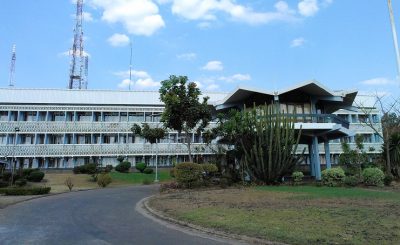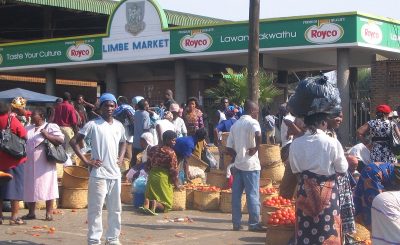50 employees of Bakhresa Malawi Limited Mzuzu branch are likely to face retrenchment following the closure of the Mzuzu soap manufacturing company.
According to an internal Memo jointly signed by the company’s human resource and compliance manager Richard Tchereko and the General Manager V. Pattipati, the decision is as a result of the change in government’s policy on industrial rebate.
The manufacturing factory will be shut down by 30th April this year.
An internal memo addressed all employees of the company indicates states that the closure of the company follows the change in government’s policy of rebate.
The policy entails that companies have to pay duty fee when importing raw materials whilst the finished products can be imported duty free into the country.
Further to this, the company says it is incurring high local manufacturing costs which has med it vulnerable to compete with an influx of cheap products from the neighboring countries.
At that the company says it will retrench about 50 employees when the factory completely shuts down by 30 April this year.
Nevertheless it says the 50 employees who will be affected are yet to be communicated and will be provided with the necessary retrenchment packages as stipulated in the labour laws.
The Bakhresa Mzuzu Soap factory is the only soap manufacturing factory in northern part of the country.
This however, is happening at a time the country signed various trade bilateral agreements including the Africa Continental Free Trade Area which among others promotes duty free inter-country trade.
Commenting on the matter, the spokesperson in the ministry of industry, Yamikani Kadzakumanja, said the change in the government’s industry rebate policy is in line with the reviewed COMESA trade agreement.
“The company was under the industrial rebate scheme where companies are allowed to import raw materials duty free and one of the conditions is to add value at a threshold of 35% and is in line with COMESA trade agreement,” he said.
He added that the 35% was supposed to be applicable in 2014 but many companies were not ready as such they were given grace period which has now expired.”
Kadzakumanja however, said they will liaise with the industry rebate advisory committee to look into the matter saying the development has raised a lot of complaints from key players in the sector.





